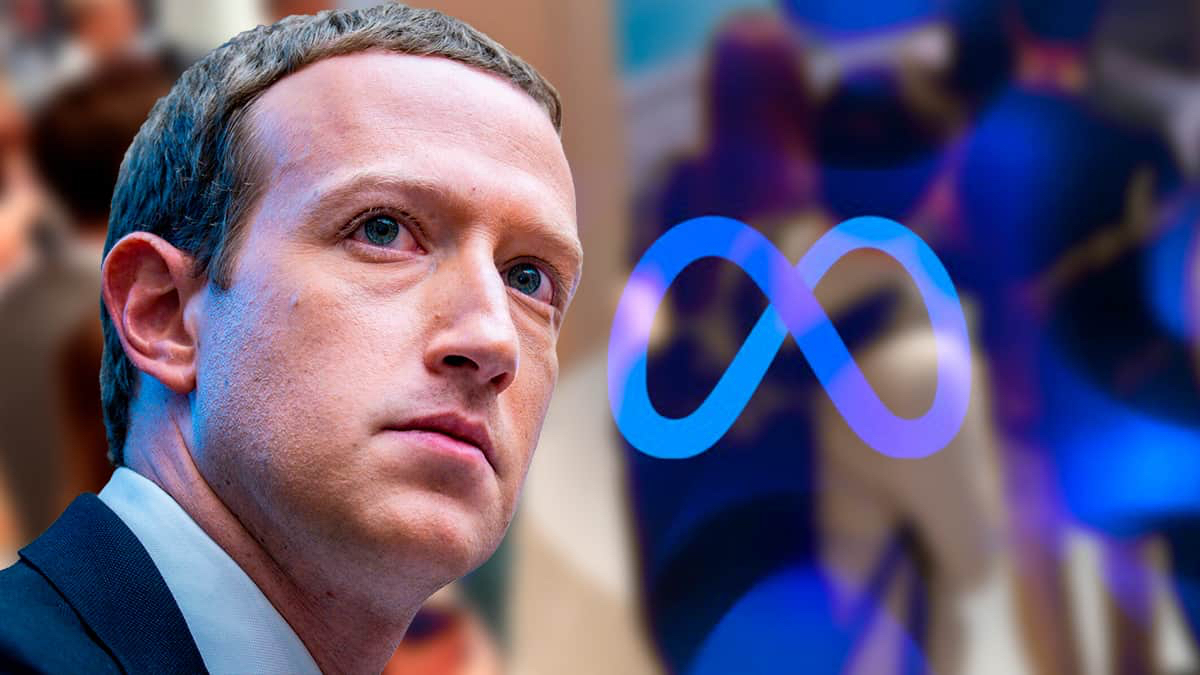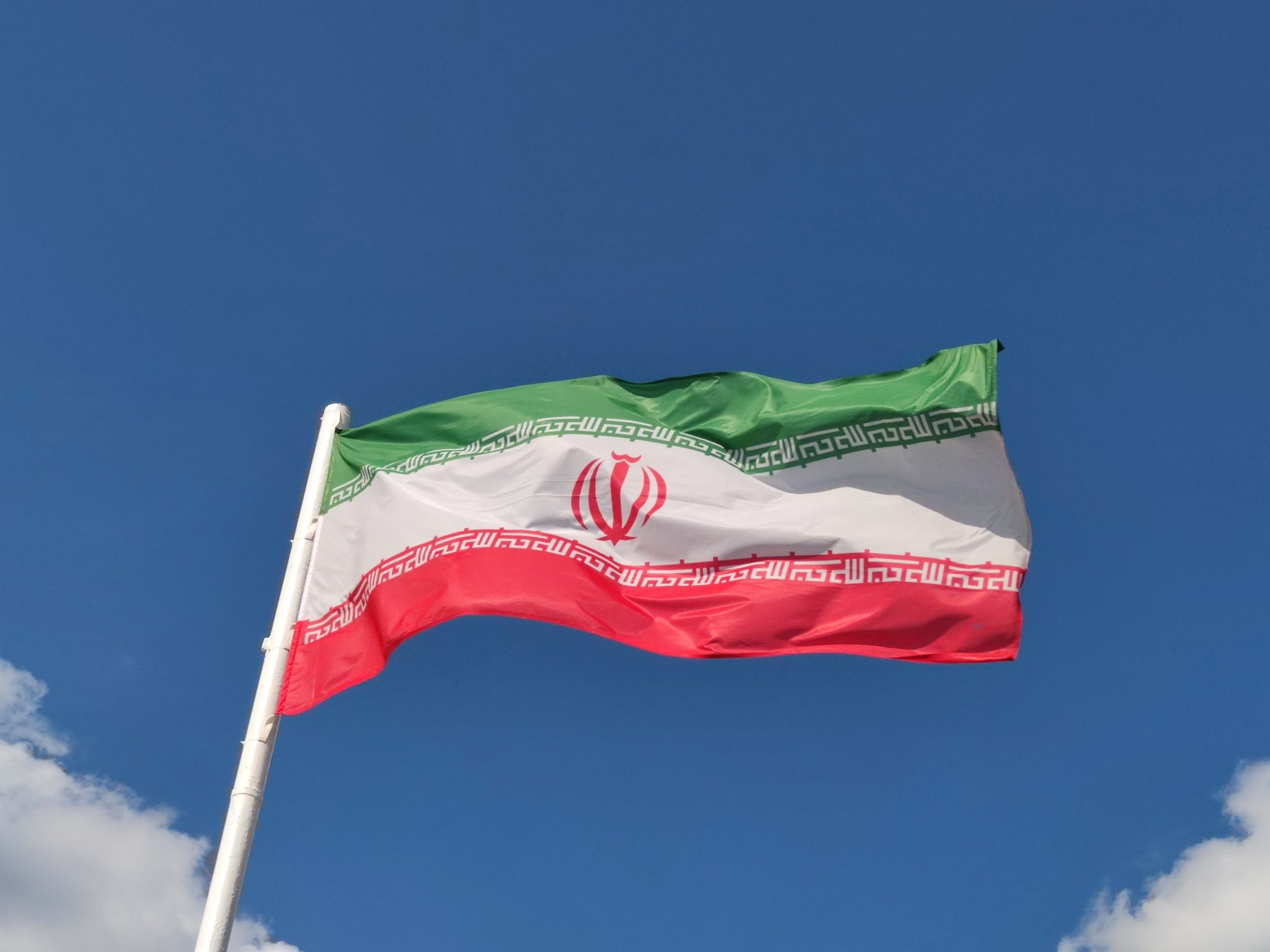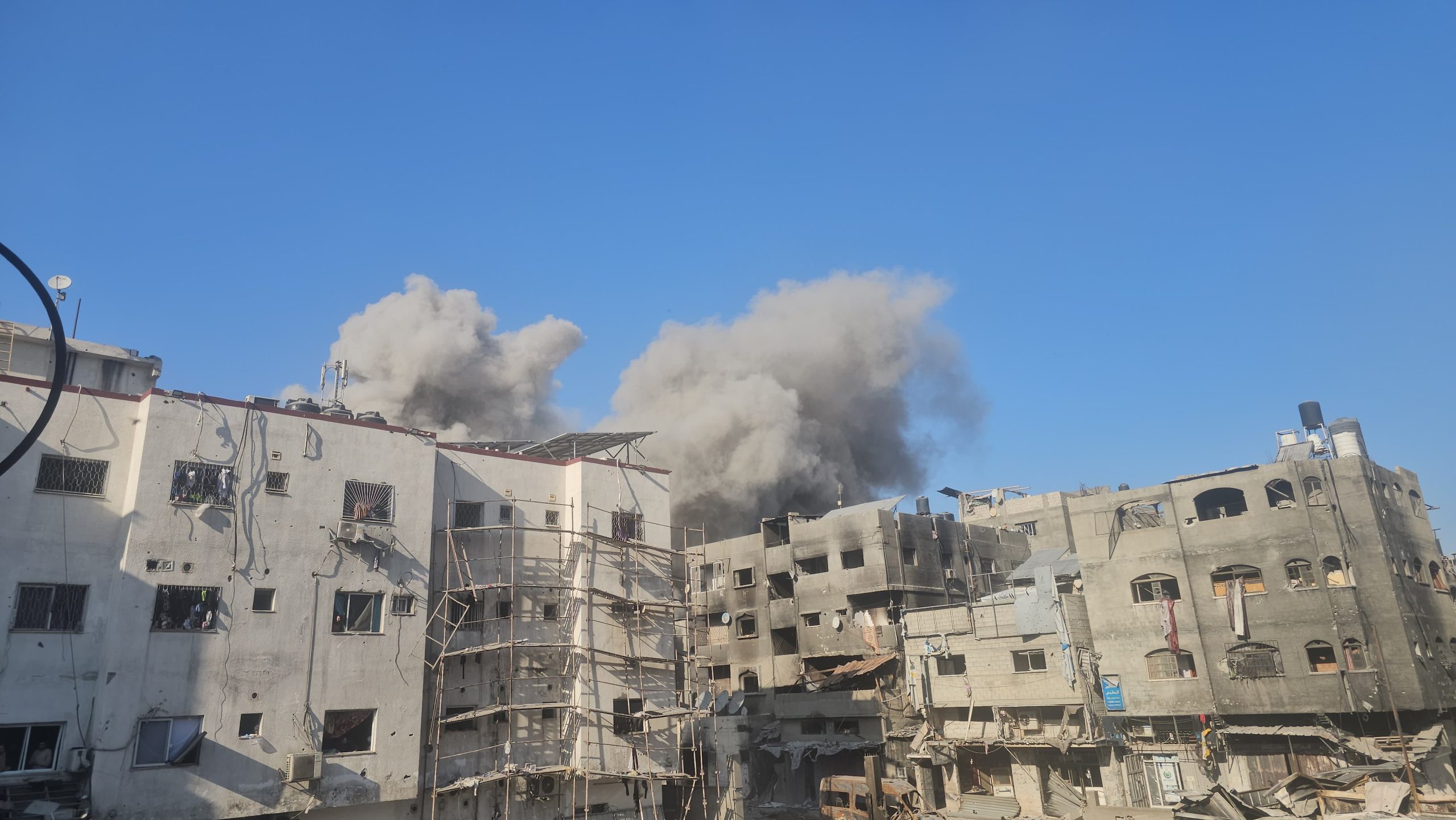Between October and November, Human Rights Watch examined over 1,050 incidents of pro-Palestine context being censored or suppressed on Meta platforms.
Human Rights Watched has accused tech giant Meta’s flawed policy and overreliance on automation to moderate content as infringing on the rights of social media users to share pro-Palestinian content on Instagram and Facebook.
In a 51-page report published on Thursday entitled Meta’s Broken Promises: Systemic Censorship of Palestine Content on Instagram and Facebook, HRW said that amid the backdrop of Israel’s relentless onslaught of the Gaza Strip, Meta platforms witnessed a wave of pro-Palestine posts being censored.
This survey was conducted between October and November, with the international NGO taking to Instagram on October 30 to ask social media users to reach out if they experienced incidences of their posts being removed or a notable decline in engagement (shadow banning).
In total, HRW received 1,736 reports from the public.
HRW examined over 1,050 incidents of digital censorship on Meta from more than 60 countries, including Qatar, Bahrain, the United Kingdom and the United States.
Out of the 1,050 incidents, the report said that 1,049 of the suppressed posts featured “peaceful content in support of Palestine […] while one case involved removal of content in support of Israel.”
In over 300 of the 1,050 investigated incidents, users reported, and provided evidence of being unable to challenge Meta’s unduly restrictions, and were therefore unable to flag bugs in the platform’s content moderation system, the report added.
According to HRW, some users who tried to appeal their posts being censored said that the “Tell Us” link to contact the platform stopped working or wouldn’t lead anywhere when clicked. Users also said that the “Think that we’ve made a mistake?” option was suddenly unavailable once their posts were taken down.
The report also noted that social media users noticed a bias towards Islamophobic content on Meta. While a “handful” of cases HRW investigated were removed by Meta due to violating their “hate speech,” “bullying and harassment,” and “violence and incitement” policies, many users reported the opposite for anti-Palestinian or Islamophobic content.
In a comment that was flagged for advocating to “make Gaza a parking lot,” Meta’s review found that it didn’t have to be deleted, because it “did not violate Community Guidelines”.
HRW’s recommendations to Meta
Analysts are unsurprised by HRW’s findings.
Speaking to Al Jazeera on Thursday, Professor Noureddine Miladi, a Media and Communication lecturer at Qatar University, said, “Especially after 2021 – the Sheikh Jarrah events in Jerusalem, Meta has been placing a very obvious, systematic way of controlling and monitoring anything relating to Palestine.
“Unfortunately, this is another way of caving into the pressure from the Israeli government,” he added.
Professor Miladi also said that HRW’s investigation would reverberate around the world. He also hoped that Meta’s future policies would be just towards the people of Palestine.
As part of their recommendations, HRW suggested that Meta overhaul their Dangerous Organizations and Individuals policy to be in line with international human rights standards, to protect netizen’s rights to freedom of expression.
HRW also stressed that greater transparency is needed when Israel’s Cyber Unit, and other government entities, request for content to be removed. Users should be informed if a government entity requested the removal of their content, to make the process of appeal more open and understandable for users.
The report also said that each country should have a limit on how many times they can request for posts to be taken down.
Other recommendations suggested by HRW revolved around improving automated review processes, respect for public interest as well as greater access to appeal methods for users.
The Thursday report also recommended that Meta’s policy undergo external reviews from civil society organisations to ensure its policies are fair.
HRW also advised Meta to archive instances of digital human rights abuses on their platforms, to “provide access to data for independent researchers and investigators, including those in the fields of human rights, while protecting user privacy,” the report said.







